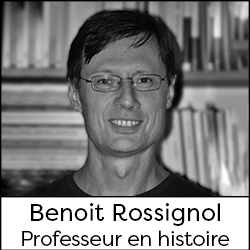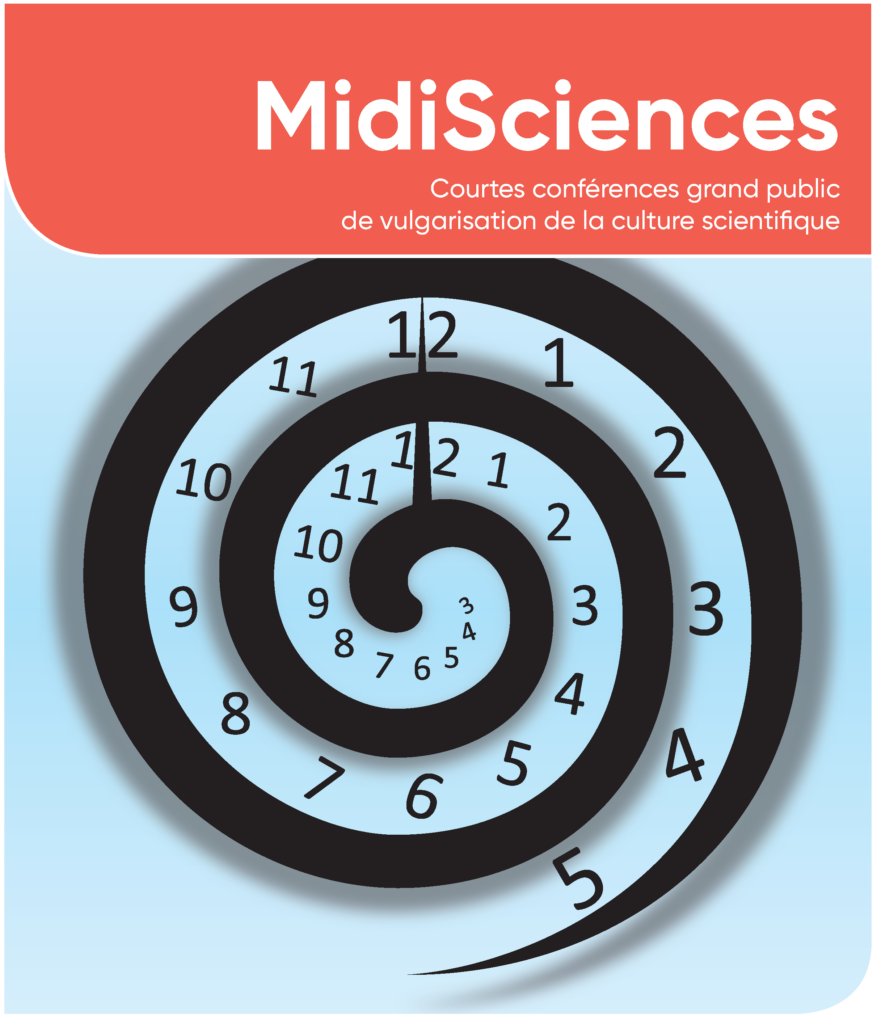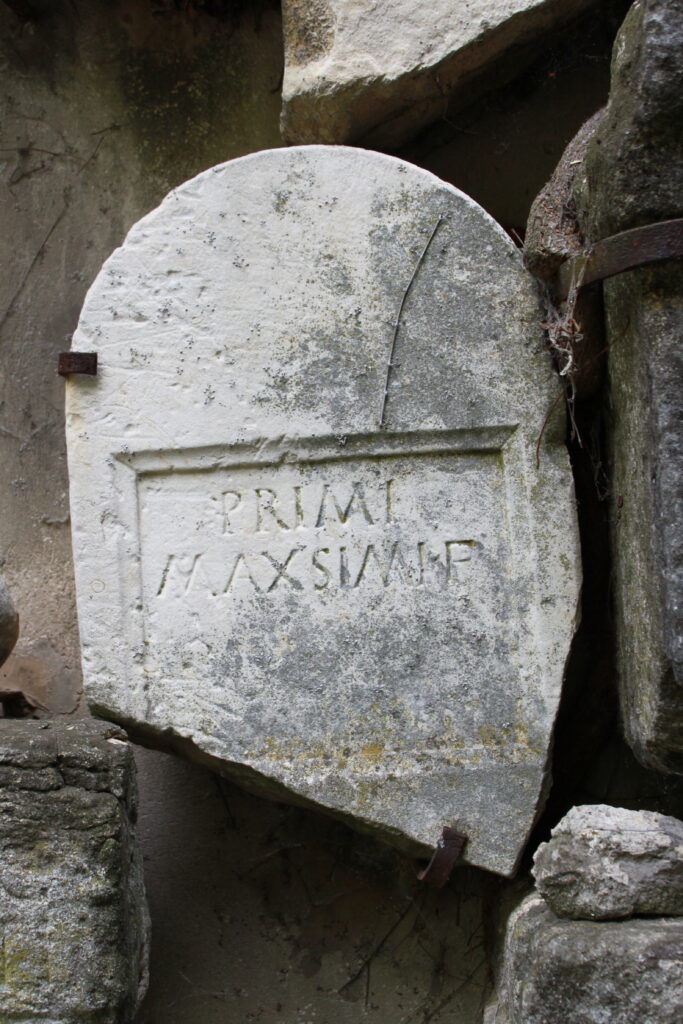[Portrait] Benoît Rossignol, Professor of Ancient History (UMR HiSoMA)
What is your research about?
I am a professor of ancient history. My research focuses on the history of the Roman Empire, alongside work on its political and social history, centred on the 2nd century AD and on southern Gaul, particularly Vaison-la-Romaine. I also have a strong interest in its environmental history and I work in particular on climatic and epidemic issues.

What are your current scientific activities?
I am a co-sponsor of the ANR Pscheet programme directed by Dominique Castex, which, since 2019, has been devoted to epidemics in the Roman Empire. I am due to speak at the seminar for Kyle Harper's 'Sustainable Common Future' chair at the Collège de France. On 7 March I will be talking about Roman history and climate.
Of note: Midiscience by Benoît Rossignol
8 February 2024from 1pm to 2pm Hannah Arendt Campus, Amphi 2E01 >> Read more

Why did you choose to work in academic research?
It's a taste for history and the consequence of successful history studies: being a student at the ENS - Fontenay-St-Cloud at the time - enabled me to do a thesis and enter the world of research. But research corresponds to a deep desire to learn and understand.
What advice would you give to students who want to do research?
Perseverance and curiosity. Perseverance to face up to a sometimes difficult context, to make progress but also to accept to make mistakes and to try something different. Curiosity, because it's absolutely essential, it motivates and opens doors.
What object or image from your business best illustrates you?
An inscription from the Roman era, a source for historians, but also a testimony to life.

umr 5189 HiSoMA
The research carried out here concerns the ancient worlds, approached through the specialised disciplines of the Ancient Sciences - archaeology, history, literary studies, philology, epigraphy, numismatics and iconography - over a very long period stretching from the Old Pharaonic Empire to the end of Late Antiquity, and in a coherent geographical area that corresponds mainly to the civilisations of the ancient Mediterranean. The laboratory's work is widely recognised abroad, and on certain programmes HiSoMA is even at the head of an international research network.
The laboratory's activities are primarily field-based, linked to archaeological surveys and excavations, mainly in the eastern Mediterranean basin, but also in the West. Its members therefore work on sites in continental Greece (Thessaly, Boeotia, Delphi) and on the islands (Delos), in Albania, Cyprus, and in the various countries of the Near and Middle East (Egypt, Jordan, Lebanon, Syria). In keeping with a longstanding tradition at the Maison de l'Orient, researchers are also pursuing research into contacts with the Red Sea and the Indian Ocean in ancient times.
The portraits
Updated on 31 January 2024